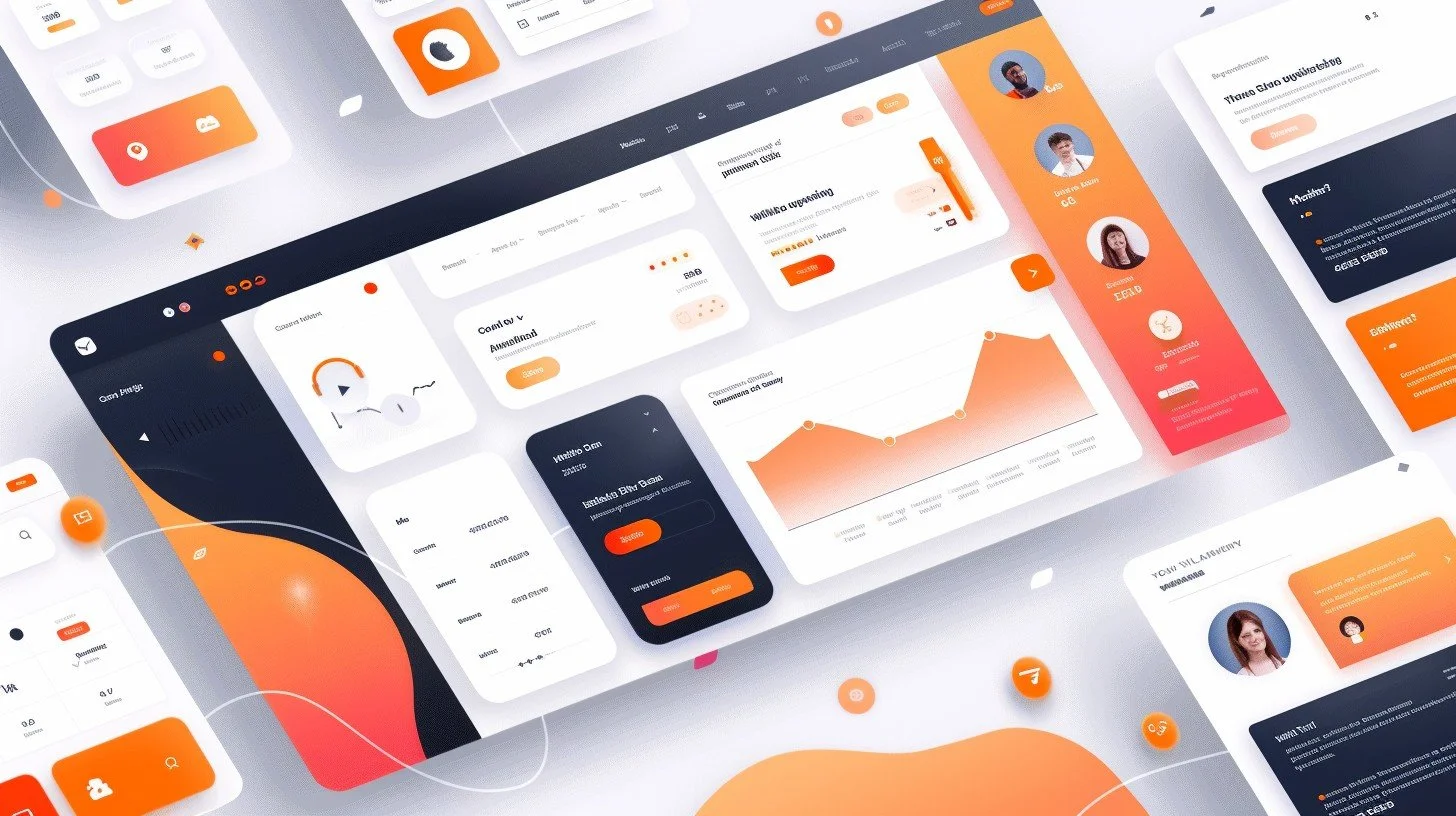The Next Evolution of AI: From Assistants to Autonomous Agents
January 27, 2025 | by Enceladus Ventures
Artificial Intelligence (AI) is evolving at an unprecedented pace. What started as simple rule-based chatbots and virtual assistants like Siri and Alexa has now progressed to autonomous AI agents capable of executing complex tasks with minimal human intervention. These next-gen AI systems are transforming industries, driving automation, and redefining how businesses operate.
As AI moves beyond passive assistants and into the realm of autonomous AI agents, startups and enterprises must understand this shift to stay competitive. In this article, we explore what AI agents are, how they differ from traditional AI assistants, their applications across industries, and how businesses can leverage them for growth.
What Are AI Agents?
AI agents are intelligent, goal-driven systems designed to operate autonomously, adapt to new information, and make decisions without requiring constant human input. Unlike AI assistants, which primarily respond to user queries, AI agents can plan, execute, and optimize tasks on their own.
Key Features of AI Agents:
Autonomy – AI agents can initiate actions, adapt to situations, and work independently.
Context Awareness – They understand their environment and adjust their responses dynamically.
Continuous Learning – Using machine learning (ML) and reinforcement learning, they improve over time.
Decision-Making – AI agents can prioritize tasks and optimize workflows based on real-time data.
Example: Unlike traditional chatbots that simply answer customer queries, an AI agent in customer service can proactively resolve issues, escalate complex problems, and even negotiate solutions without human intervention.
AI Assistants vs. Autonomous AI Agents: What’s the Difference?
AI assistants provide convenience, while AI agents drive automation and operational efficiency at scale.
How AI Agents Are Revolutionizing Industries
1. AI Agents in Customer Support
AI-powered customer service agents resolve queries, troubleshoot issues, and personalize customer interactions without human intervention.
Example: AI agents like Intercom’s Fin AI and Drift’s AI chatbot can automatically qualify leads, provide product recommendations, and even close deals.
2. AI Agents in Finance & Trading
AI trading agents analyze market trends, automate high-frequency trading, and optimize investment portfolios.
Example: AI-powered hedge funds use autonomous trading algorithms to execute trades faster than humans.
3. AI in Software Development
AI agents are revolutionizing DevOps, debugging, and automated testing.
Example: GitHub Copilot helps developers write code, but future AI agents could autonomously fix bugs, optimize performance, and deploy software with minimal oversight.
4. AI Agents in Healthcare
AI agents assist in medical diagnostics, patient monitoring, and robotic surgery.
Example: AI models like Google’s Med-PaLM 2 analyze patient symptoms and provide accurate diagnoses faster than doctors.
5. AI Agents in E-Commerce & Marketing
Personalized AI agents analyze consumer behavior and create targeted marketing campaigns.
Example: AI agents like ChatGPT-powered customer support can handle inquiries, while AI-driven ad platforms optimize campaigns in real time.
The Future of AI Agents: Where Are We Headed?
Multi-Agent Systems (MAS)
Future AI won’t rely on a single agent but a network of AI agents collaborating on complex tasks. For example, in e-commerce, one AI agent might optimize pricing, while another manages inventory and a third handles customer interactions—all without human input.
AI Agents for Autonomous Business Operations
Startups are building businesses entirely run by AI, from AI-driven customer service to self-managed SaaS products. One example is AI-powered legal research agents could replace traditional law firms for document review and case law analysis.
AI-Augmented Decision-Making
Businesses will use AI agents as strategic advisors, making data-driven recommendations in finance, hiring, and risk management.
How Startups Can Leverage AI Agents for Competitive Advantage
Automate Business Operations – Implement AI agents to handle repetitive, time-consuming tasks.
Enhance Customer Experience – Use AI-powered chatbots and virtual assistants for 24/7 support and lead generation.
Optimize Decision-Making – Deploy AI agents for data-driven insights in sales, marketing, and finance.
Build AI-First Products – Integrate AI automation into software development, SaaS, and enterprise solutions.
Getting Started with AI Agents
If you’re looking to integrate AI agents into your startup or enterprise, consider:
AI workflow automation (Zapier AI, AutoGPT, BabyAGI)
AI copilots & business automation tools
AI Agents Are the Future of Business Automation
The shift from AI assistants to autonomous AI agents marks a turning point in automation. Businesses that embrace AI-driven decision-making, operations, and workflows will gain a significant competitive edge.
The future of AI agents is just beginning, and those who adopt early will be the pioneers of a new AI-driven economy.
At Enceladus Ventures, we help startups build cutting-edge AI solutions. Want to explore AI agents for your business? Let’s talk!
Disclaimer: The articles published on the Enceladus Ventures website are intended for informational purposes only. The views and opinions expressed in these articles are those of the authors and do not necessarily reflect the official policy or position of Enceladus Ventures. While we strive to ensure the accuracy, completeness, and timeliness of the information provided, we make no representations or warranties of any kind, express or implied, about the completeness, accuracy, reliability, suitability, or availability with respect to the content contained in the articles. Any reliance you place on such information is therefore strictly at your own risk. The information contained in these articles is not intended to constitute professional advice or recommendation of any kind. Readers are encouraged to consult with qualified professionals for specific advice tailored to their individual circumstances.
































